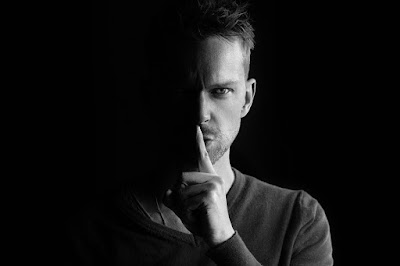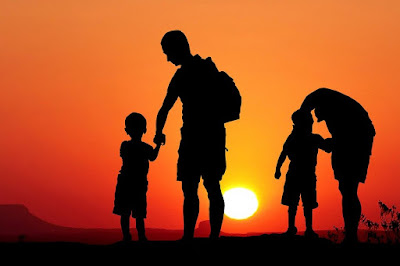What Edith Eger's The Choice teaches us
Dr Edith Eger is an expert in trauma and a trauma expert. She is around 95 years old, a survivor from the persecution of the Jews during WWII. She was only sixteen when she became a prisoner in Auschwitz for about one year until they were relocated and tortured further along the way towards Nazi Germany in 1945.
Now that you have a picture of where she's coming from, let me just add that she spent the rest of her life healing from the trauma of the Holocaust and we are so fortunate that she has put it all in writing in her book The Choice.
There is no hierarchy of suffering
Dr Eger states that there is "no graph on which we can plot the relative importance of one sorrow versus another". She asks us not to diminish our own suffering and to use her story of extreme horrors as an inspiration to recover from our predicament.
The idea of greater pain than infidelity, as in heartache, did occur to me as I was in some of the darkest moments past DDay. For me, thinking of the pain a mother feels when she loses a child helped me put my sorrow into perspective. Reading The Choice suddenly took that to the next level.
Suffering is universal. Victimhood is optional
"Remember no one can take away from you what you've put in your mind"
The same night her mother was killed, her executioner asks young Edith to dance at the rhythm of The Blue Danube. She was exhausted and shocked, yet she obeyed out of fear and kept going by making the "barrack's floor a stage at the Budapest opera house". She earns an extra loaf of bread that will save her life later.
"Even when we were starving, we would feast", writes Dr Eger.
She became a Dr in clinical psychology
As she studied, she learned and she healed. It is an amazing story, an inspiration to choose joy over misery.
Dr Eger quotes many of her mentors and teachers and gives hundreds of examples of everyday cases she treated in her practice in over thirty five years.
This book is a treat for anyone recovering from trauma.
Dr Eger invites us to make a CHOICE in the present:
- Compassion
- Humour
- Optimism
- Intuition
- Curiosity and Self-
- Expression
"We have the power to determine how we experience life after trauma"
Thank you for your wisdom, Dr Eger.











Comments
Post a Comment